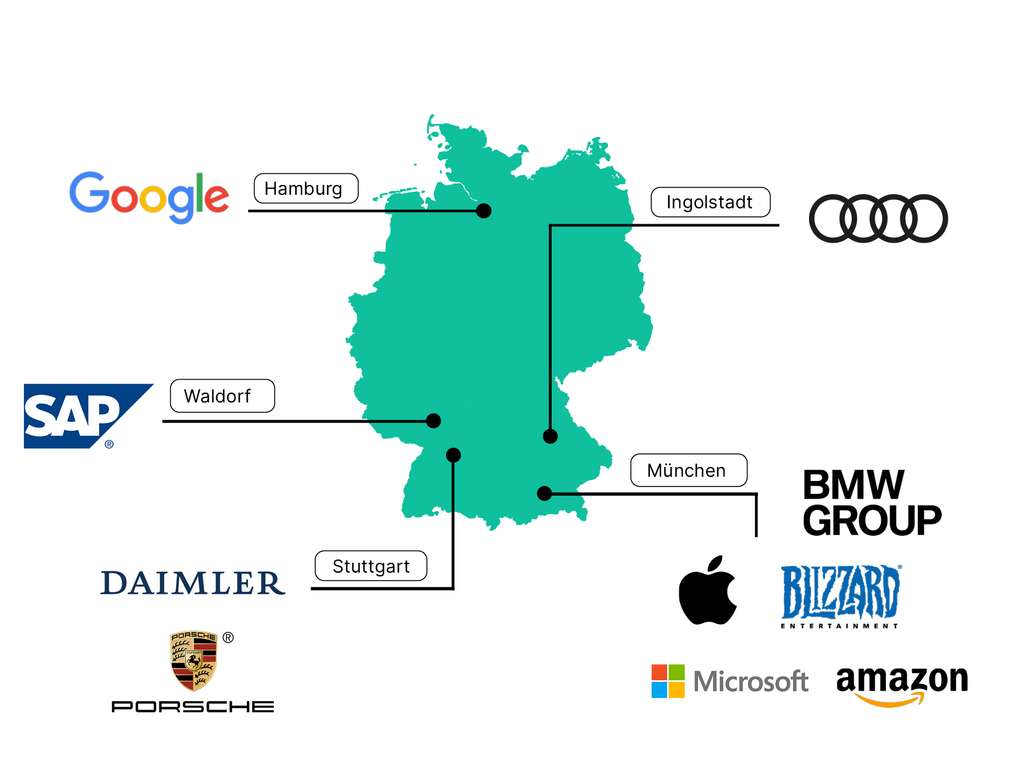

In many other countries corresponding types of training are carried out at higher education institutions.


Tertiary level professional education is a specific feature of the Swiss education system. Since 2015/16, the cantons have been providing the public sector funding of courses of education at colleges of higher education through the Intercantonal Agreement on Contributions to Courses of Education at Colleges of Higher Education (HFSV). (see Bildungsfinanzierung) Since 2018 the Confederation has been directly supporting graduates of preparatory courses for the Federal and Advanced Federal Diplomas of Higher Education. However, the public sector is also playing an increasingly important role in funding. In particular, the federal examinations and the associated preparatory courses are largely paid for privately. This principle of an alliance based on the Vocational and Professional Education and Training Act (VPETA) also proves successful in tertiary level professional education.Ĭompared with vocational education and training (VET), tertiary level professional education involves a higher financial commitment from students and employers. The Confederation, the cantons and the professional organisations (OdA) are working together to achieve high-quality vocational and professional education and training. The courses of education and training are varied as regards content, requirements and maintaining bodies and are marked by their consistent orientation to the needs of the labour market. It awards the qualifications needed for a demanding professional activity with specialist or management responsibility. Tertiary level professional education ( Höhere Berufsbildung) covers the professional non-university sector of the tertiary level (tertiary level B).

Programmes outside the Bachelor and Master structure: tertiary level professional education


 0 kommentar(er)
0 kommentar(er)
